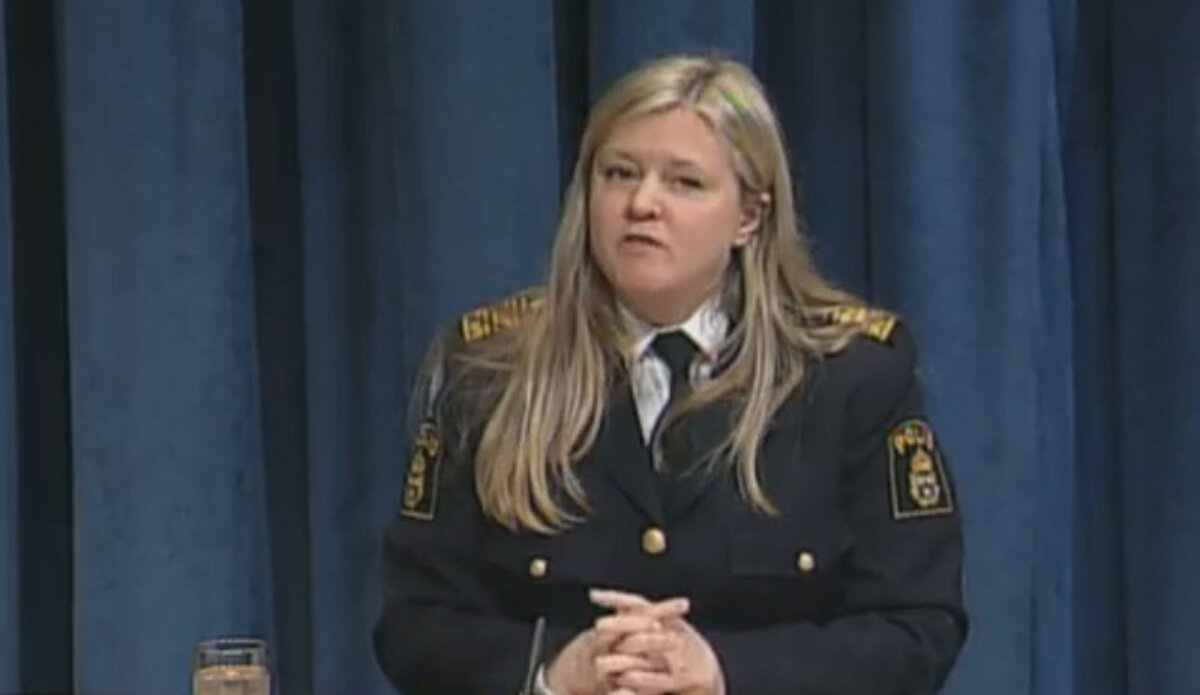The top United Nations police official today called on Member States to send more qualified female officers to serve in the world body’s operations, as she highlighted ongoing efforts to enhance the quality and professionalism of the force.
“Our goal is to have the most professional UN police service possible. However, one cannot be a modern, professional police organization without encouraging equal participation of women and men,” Ann-Marie Orler, the outgoing Police Adviser, told a news conference in New York.
A lawyer and police officer by training, Ms. Orler worked with the Swedish National Police for almost 20 years before joining the UN as Deputy Police Adviser in the Department of Peace Operations (DPKO) in 2008. She was promoted to Police Adviser in March 2010.
As the world body’s “top cop,” Ms. Orler oversaw a police force totalling some 12,398 personnel serving in 18 missions worldwide.
In 2009, the UN launched an initiative known as the “Global Effort” to increase the number of female police officers in its ranks to 20 per cent by 2014.
“While we have increased our numbers in the past three and a half years, currently we remain at only 10 per cent female officers,” Ms. Orler reported. “Much more should be done. I again call upon all Member States to send us more highly-qualified women.”
She noted that Rwanda, for example, just last month sent a contingent of 15 female officers to Côte d’Ivoire. Along with Bangladesh and India, Rwanda is one of the UN’s top three police-contributing countries for female officers.
The Police Division, too, must do its part, she added. To that end, her office has recently engaged in a project to train and test at least 150 female officers on the UN minimum requirements for language, driving and firearms proficiency. It is rolling out the project this year with the support of the United States Government.
In a recent interview with UN Radio ahead of her departure, Ms. Orler highlighted the critical role women police officers play in addressing the scourge of sexual and gender-based violence.
“In the context of peacekeeping we do have a lot of sexual and gender-based violence, and it’s usually women and children who are the victims, and the perpetrators are very often a man in uniform,” she stated. “So asking these women to trust another man in uniform is a little bit difficult. So female police officers have a possibility to reach out into villages to understand and learn more about what they have gone through, and to tell their stories, etc.”
Ms. Orler added that women police officers are also role models for young women in the countries where the UN is carrying out peace operations.

